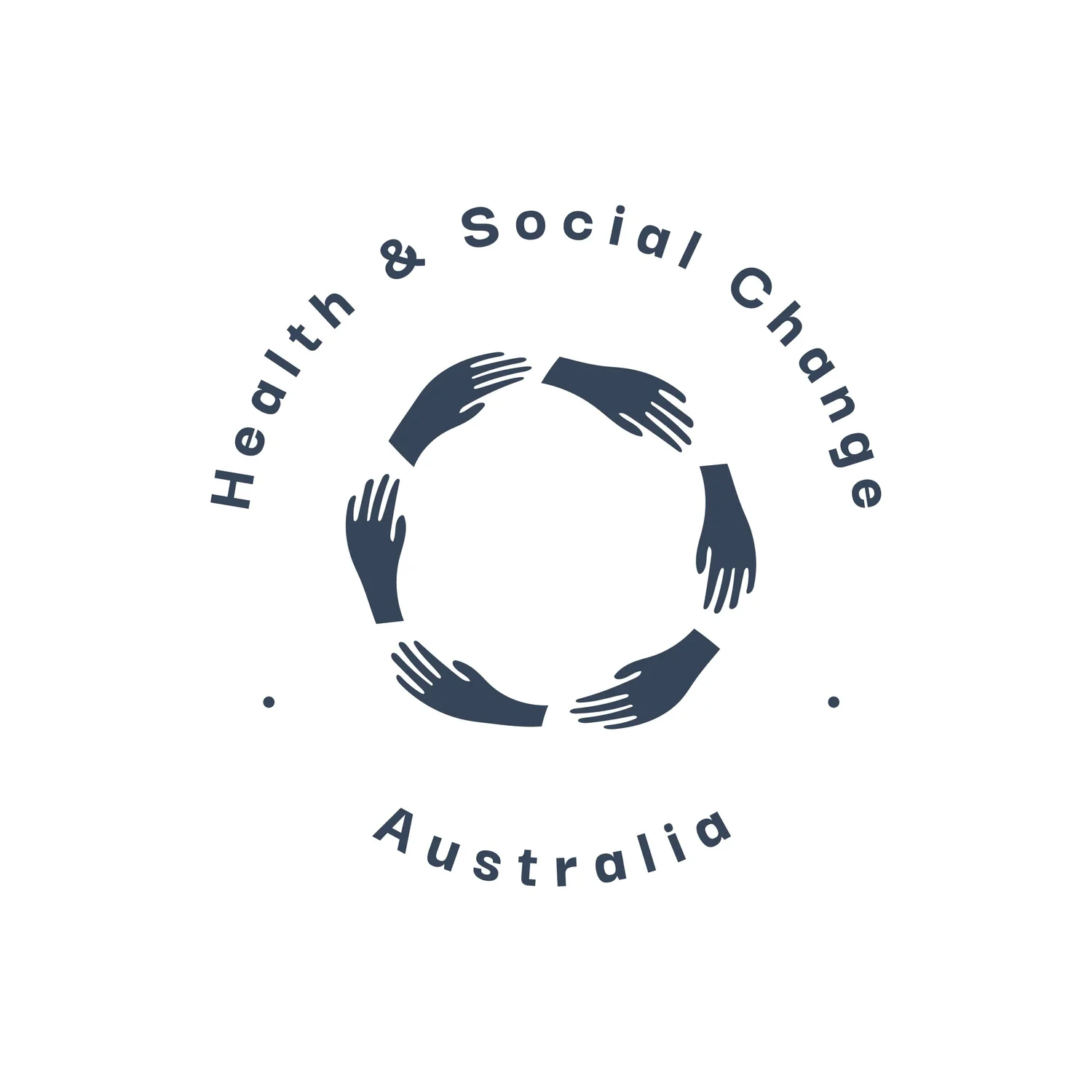Why evaluation should be part of the health promotion journey—from the very start
In the world of health promotion, good intentions aren’t enough. Programs that aim to improve health outcomes and reduce inequities must be thoughtfully designed, responsive to the communities they serve, and most importantly—evaluated with purpose from the very beginning.
Too often, evaluation is tacked on at the end of a project. A funding requirement. A report to tick off. But when we treat evaluation as an afterthought, we miss critical opportunities to learn, adapt, and truly understand what’s working—and what isn’t. Well-planned health promotion isn’t just about delivering activities. It’s about building systems of reflection, accountability, and improvement that run alongside the work from day one.
Evaluation is Not Just About Proving Impact—It’s About Improving Practice
When embedded early, evaluation serves as a real-time learning tool. It helps teams stay aligned with goals, track shifts in community needs, and adjust strategies accordingly. Instead of a final judgement, evaluation becomes a companion to innovation—offering insights that can strengthen the program as it unfolds.
In well-planned programs, evaluation supports:
Clarity of purpose – Are we achieving what we set out to do?
Equity in process – Who is benefiting? Who might be excluded?
Timely decision-making – What needs to shift now, not six months from now?
Long-term thinking – What lessons are we leaving behind for future programs?
When evaluation is embedded from the outset, it becomes a culture, not a checklist.
Planning for Evaluation = Planning for Success
Including evaluation in the early planning stages also allows teams to co-design meaningful indicators of success. These are often more than just numbers—they can include stories, lived experiences, community perceptions, and systems-level shifts.
Early evaluation planning helps:
Align the program with community priorities and values
Define realistic outcomes and pathways to change
Identify how data will be collected ethically and consistently
Build trust and accountability with partners and funders
Perhaps most importantly, it creates space for ongoing dialogue—so evaluation isn't just something done to a program, but something done with those involved.
A Call for Culturally Responsive, Co-Designed Evaluation
In diverse communities, particularly where trust in systems may be low, evaluation must also be culturally safe, participatory, and locally grounded. Planning from the beginning allows time to involve community members, adapt tools, and make sure the data tells a story that people recognise and value.
This is especially important in First Nations, rural, and marginalised communities, where extractive evaluation practices have often done more harm than good. Evaluation done right should uplift, not undermine.
Let’s Shift the Narrative
Health promotion is about long-term change, not quick wins. That means we must treat evaluation as a strategic, embedded part of the journey—not just a report at the end. When we evaluate well, we honour the work, the people, and the possibility for real change.
